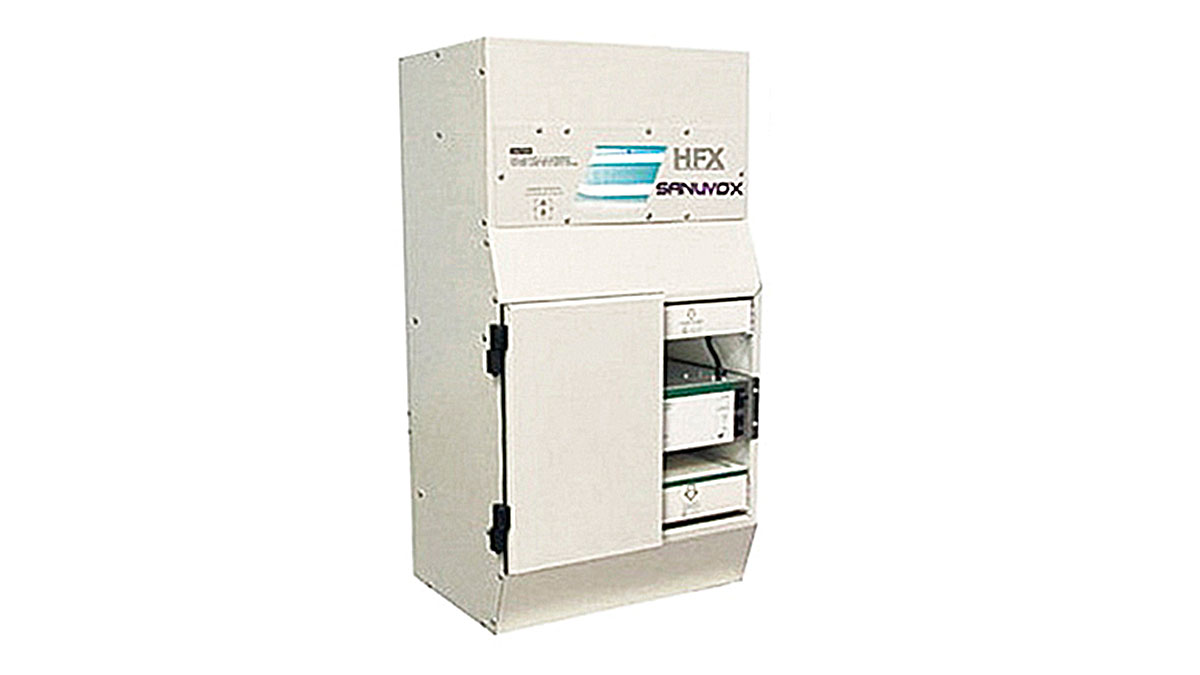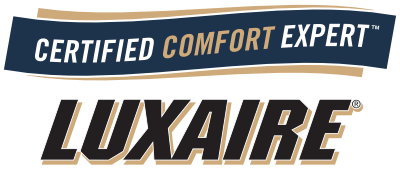
From mold and dust to pet fur and pollen, air purifiers can help remove aggravating air particulates and greatly reduce irritation. If you or a loved one is an allergy sufferer, air purifiers for allergies can greatly impact quality of life. How? By removing the pollutant sources and ventilating with clean outdoor air. Read on to learn more about the benefits of air purifiers, how they work and the various options available!
Why are air purifiers important?
Air purifiers constantly filter dust, pet dander, and pollen from the air. Studies on allergy and asthma symptoms have shown modest improvements in at least one health area, such as some allergy symptoms.
How do air purifiers impact allergy sufferers?
Pet allergy: Triggered by exposure to the dead flakes of skin (dander) a pet sheds. Any animal with fur can be a source of pet allergy, mostly associated with cats and dogs. Air purifier filters remove pet allergens from the air.
Mold: HEPA filters eliminate mold spores by filtering the airborne spores from the air and trapping them within the HEPA filter.
Dust: The fan sucks air from the atmosphere, which then moves through the filters. During this process, the filters capture the pollutants like dust mites.
Pollen: Just like mold and dust, the HEPA filter captures pollen.
What are my air purifier options?
There are various air purifiers available to homeowners to consider, each offering different technologies.
Mechanical filters: These common air purifiers have pleated HEPA filters that use fans to force air through a dense web of fine fibers, trapping particles.
Activated carbon filter: Using activated carbon, these filters can adsorb some odor-causing molecules from the air.
Ozone generators: These machines produce ozone, a molecule that can react with certain pollutants to alter their chemical composition. This can result in dangerous indoor air quality, and CR does not recommend them.
Electronic air purifiers: Electrostatic precipitators and ionizers charge particles in the air, so they stick to plates on the machine or to nearby surfaces by a magnetic-like attraction.
Ultraviolet germicidal irradiation (UVGI): Some manufacturers claim their air purifiers kill airborne viruses, bacteria, and fungal spores with UV lamps. But some bacteria and mold spores are resistant to UV radiation.
-1.jpg)
Photocatalytic oxidation: PCO uses ultraviolet radiation and a photocatalyst, such as titanium dioxide, to produce hydroxyl radicals that oxidize gaseous pollutants.
What are HEPA filters?
HEPA stands for high-efficiency particulate air. It works by forcing air through a fine mesh that traps harmful particles such as pollen, pet dander, dust mites, and tobacco smoke. You can find HEPA filters in most air purifiers, HEPA filters are also certified to collect 99.97 percent of particles of a certain size!
Why are whole home air purifiers superior to portable units?
Whole home HVAC air purifiers are superior to smaller portable units because they work throughout the whole home continuously. These large all-in-one systems are perfect for all allergy sufferers throughout the year. Benefits include:
- Keeping your central heating and cooling equipment clean and running efficiently.
- Filtering outside air before it enters the living areas of your home.
- Quieter operation.
- Less maintenance.
- More cost effective for larger areas than stand-alone units.
Contact AC Midwest Today!
Once you’ve chosen the factor and features that best fit your lifestyle needs and budget, the next step is to find a HVAC professional for the installation. Air purifiers are essentially components of your HVAC system and must work properly with your heating and cooling equipment to deliver the benefits you expect.
Partnering with a dedicated HVAC contractor such as a nearby Luxaire Comfort Expert will help ensure that your new Whole House UV Air Purification Systems will be effective in your house and work properly to effectively reduce air pollutants. Whether you need financing for your UV Air Purifiers or help finding the right HVAC contractor, we’re here to help.



